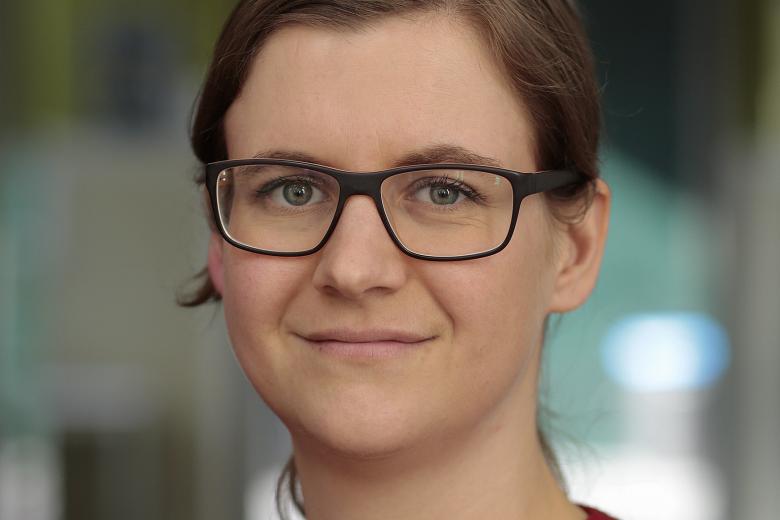Current research projects
Women Migrants from the Northern Mediterranean and Work in Postwar Northwestern Europe
Dr. Brigitte Le Normand has been awarded an ERC Consolidator Grant of €2 million for her project ‘Women Migrants from the Northern Mediterranean and Work in Postwar Northwestern Europe’ (FeMMiWork).
The common belief about postwar migration in Europe is that it was predominantly men who moved from southern Europe to work in the booming economies of northwestern Europe. However, this assumption is incorrect – women made up 25-30% of these migrants. Despite this, their contributions have been largely erased by policymakers and forgotten by researchers who portrayed labour migration as a male phenomenon.
To address this gap, Brigitte’s research project will create a ‘counter-archive’ using documents, oral histories, and creative writing to reconstruct the experiences of women migrants from Italy, Yugoslavia, and Turkey. Using a transnational lens that includes countries of origin and destination, the study will focus on their lives in France and West Germany between 1955 and 1985, exploring how gender, ethnicity, and nationality shaped their work and migration experiences. The project will run from 2025 to 2030, and will also include two PhDs and a postdoctoral researcher.
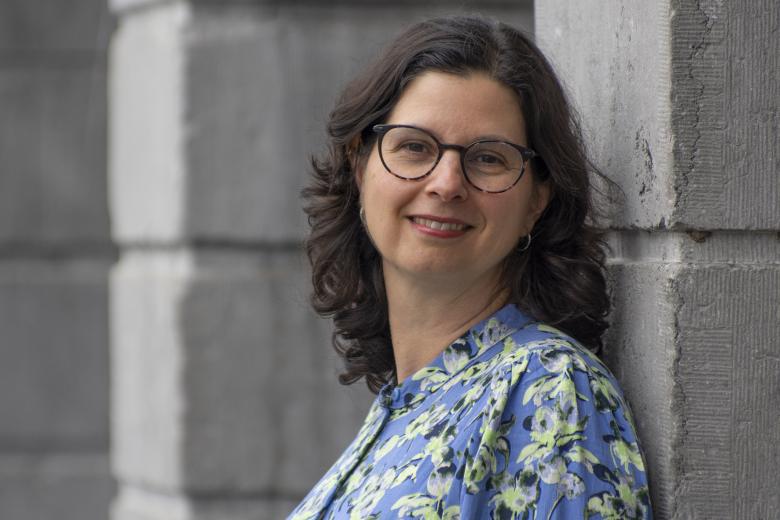
Climate Resilience in diverse African contexts: Co-creating knowledge∞action networks
Prof. Valentina Mazzucato is involved in the Climares project: Climate Resilience in diverse African contexts: Co-creating knowledge∞action networks.
People can better prepare for climate change if they know how weather patterns and climate change will impact their – often already precarious or threatened – livelihoods. Focusing on smallholders, fisherfolk, urban outdoor workers, pastoralists and displaced people in various African countries, Climares uses participatory digital and face to face research, co-created climate story lines and advocacy methods to ensure that weather and climate information becomes accurate and actionable. Knowledge∞Action networks that comprise the population groups, weather, climate and disaster actors, other stakeholders and global connections will form inclusive knowledge infrastructure to advance the resilience of vulnerable populations.
Climares is a consortium of researchers across Senegal, Democratic Republic of the Congo, Uganda, Morocco, Mozambique, and the Netherlands. The project is supported by the Dutch research council (NWO) via the Research on Routes by Consortia (ORC) programme, Dutch Research Agenda (NWA).
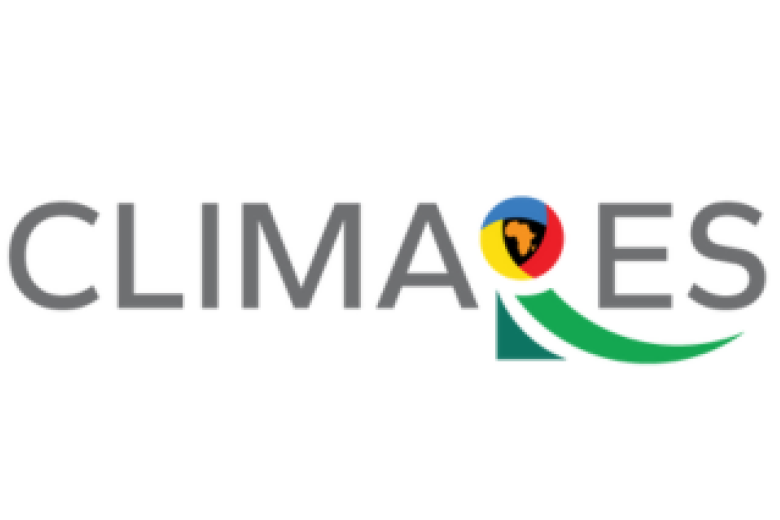
The Pursuit of Wellness in Southeast Asia: New Encounters and Inequalities in an Emerging Industry
Dr. Megha Amrith has been awarded an ERC Consolidator Grant of €2 million for her project 'The Pursuit of Wellness in Southeast Asia: New Encounters and Inequalities in an Emerging Industry' (WELL-ASIA).
In the 21st century, Southeast Asia’s wellness industry is thriving. People worldwide travel to the region for yoga, meditation, spa retreats, detox diets, anti-aging therapies, and emotional healing. This trend is driven by rising anxiety, longer lifespans and a growing global middle class.
The WELL-ASIA project studies the commercialisation of wellbeing as ‘wellness’ in 21st-century Southeast Asia. It examines the social, economic and moral implications of pursuing wellness and explores the global interactions between industry workers, consumers and local communities. The project focuses on Singapore, Chiang Mai (Thailand) and Ubud (Indonesia), aiming to understand how the commercialisation of wellbeing is transforming local economies and transnational mobilities and shaping new perceptions of health in a globalised world.
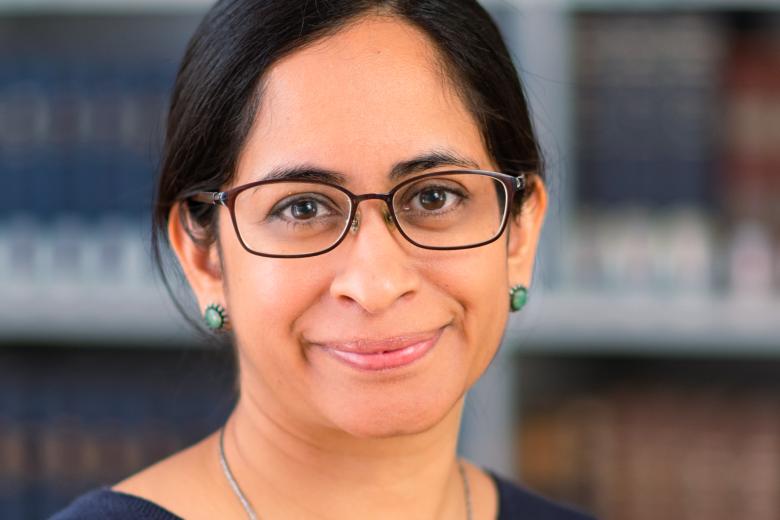
Intimate Allies: Collaborative Couples and the Making of Global Environmental Governance
Dr. Simone Schleper has received an NWO XS grant of €50,000 for her project 'Intimate Allies: Collaborative Couples and the Making of Global Environmental Governance'.
Global environmental politics as we know it today emerged between 1945 and 1973 with organizations such as UNESCO and UNEP. These global initiatives depended on influential actors, with wide and discordant networks, both private and professional. Up to today, these heterogeneous networks are not well understood. Building on work in the history of science that has recognized the importance of alternative actors and non-formal settings, Intimate Allies investigates environmental governance networks by looking at the collaborative work of two couples who have been at the centre of post-war intergovernmental environmental organizations: Juliette and Julian Huxley, and Hanne and Maurice Strong.
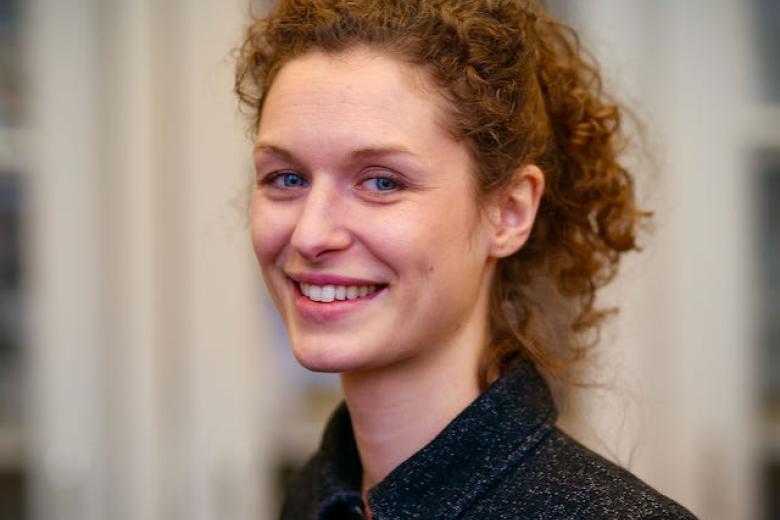
Dr. Elsje Fourie has received an NWO XS grant of €50,000 for her project 'Global Novels, Global Readers? Imagining transnational communities along the circuits of global literary consumption’. In the project, Elsje will explore how book clubs around the world read and respond to globally "successful" novels.
In the era of late capitalist globalisation, novels are not only works of art but also commodities that are consumed by readers around the world. Does the rise of the ‘global novel’ create readers capable of greater understanding and solidarity towards those in distant locations? Or do the kinds of books that ‘go global’ merely end up reinforcing readers’ existing prejudices? This interdisciplinary study examines the responses of readers in four countries to four global novels, thereby contributing both to literary debates around the evolution of this emerging genre and to social science debates around the impact of cultural globalisation.
